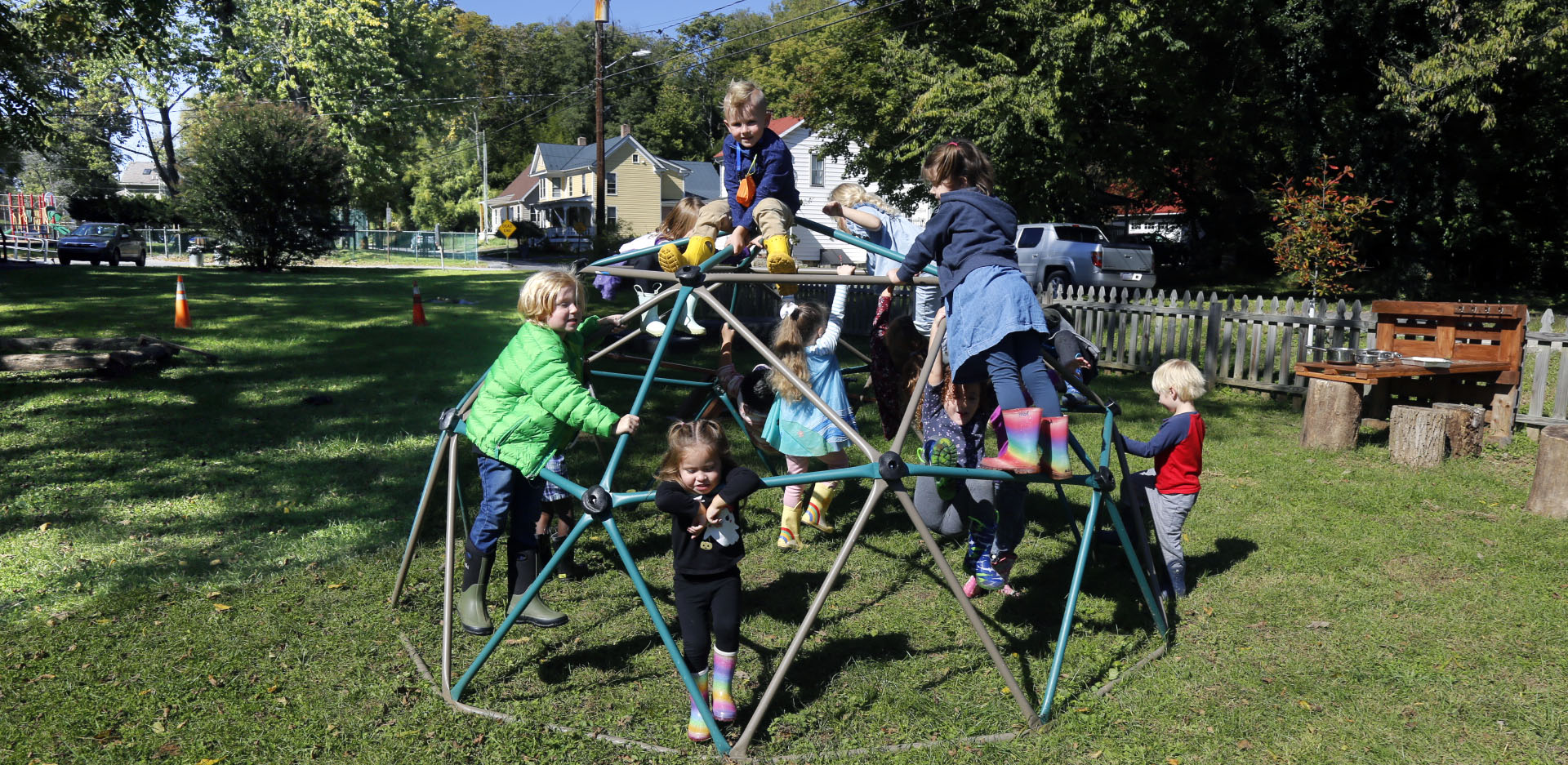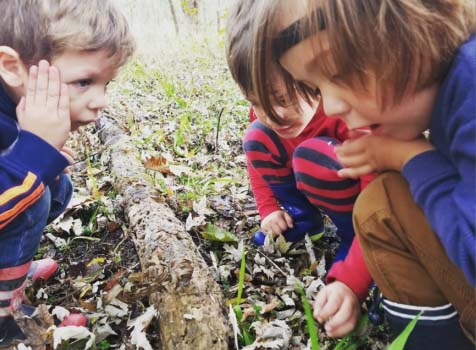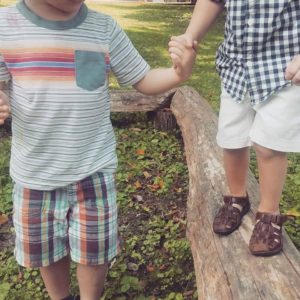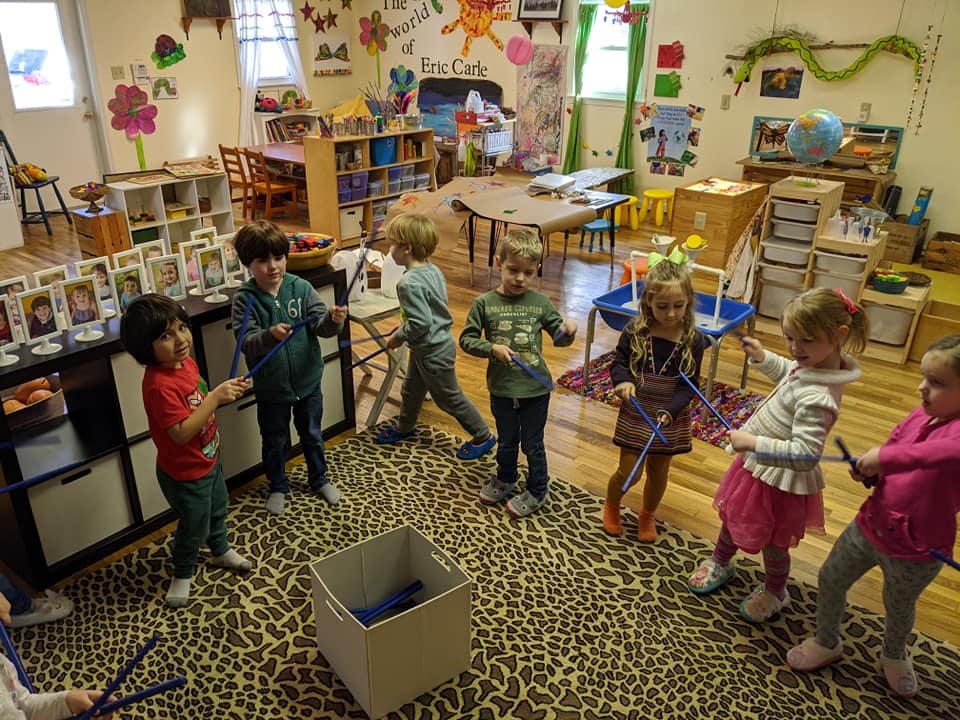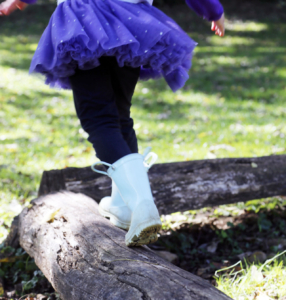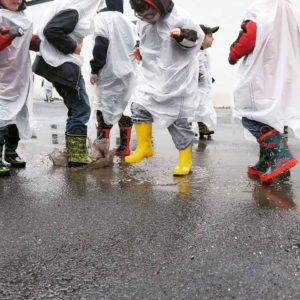The Morgan Academy preschool program offers children age three to five experiences for true and creative play. The unique space in which the class meets allows areas for both large and small motor development. Art, music, creative movement, story time, and free choice time are part of daily activities.
Goals of Morgan Academy Preschool
- To create an environment that feels safe and secure.
- To “awaken” your child’s spirit and imagination.
- To show the children the natural beauty in the world and to appreciate it.
- To plant the foundation for developing early essential literacy skills.
- To allow the children many play experiences through art, music, and movement.
- To foster the children’s natural urge for independence.
Philosophy
The preschool program is eclectic, which allows children to grow in independence, develop a strong sense of self, and use creativity in working and learning with others. The school environment instills a love for learning and is a place where children can explore and learn at their own pace. Many opportunities are provided for individual and group problem solving.
The preschool is organized around learning centers in a hands-on and child-directed environment, which fosters a physically safe and emotionally secure setting that encourages the development of the “whole child.” Children learn best when provided with an opportunity to freely explore their environment. A loving, positive environment within a small school “family” creates a sense of belonging. While children go through specific stages of development, each child grows and learns at his or her own pace.
Children are invited to explore, discover, and create while the teacher interacts with students individually or in small groups. The curriculum includes language experiences, creative artwork, structured and unstructured play, sand and water play, cooking projects, creative movement, and in-depth science exploration. Meaningful experiences are provided for children to learn about themselves, their families, other cultures, and their communities. A theme-based approach (see “M” week for an example) incorporates all areas of the curriculum, including circle time, music and movement, language arts, math, science, and dramatic play.

